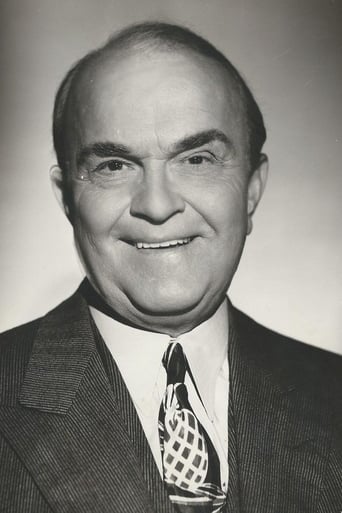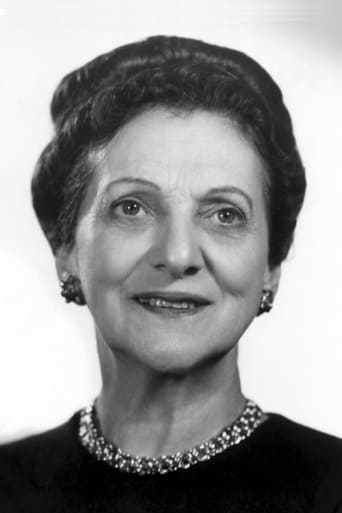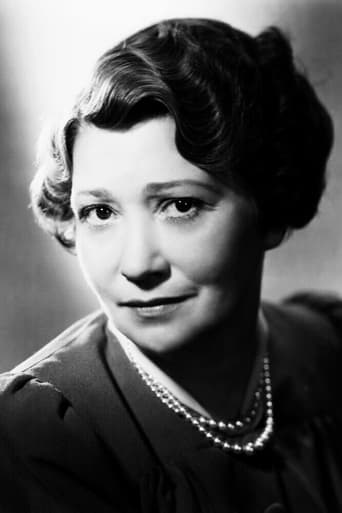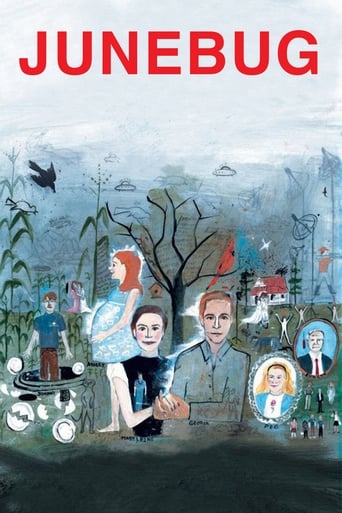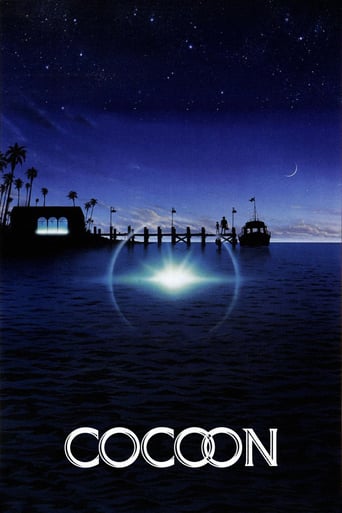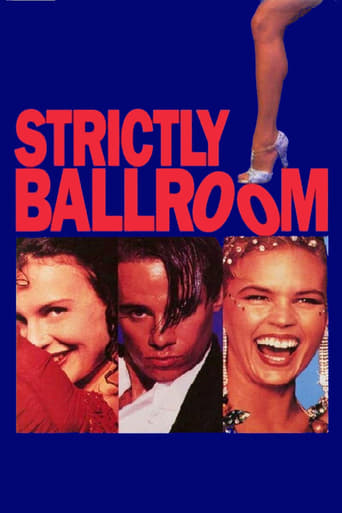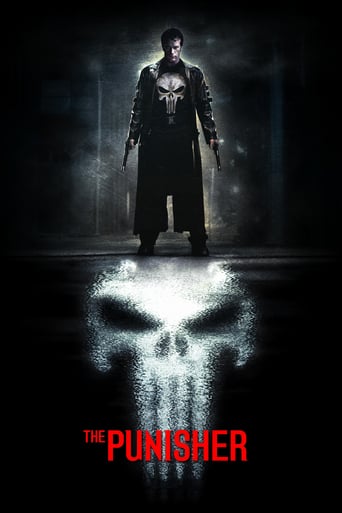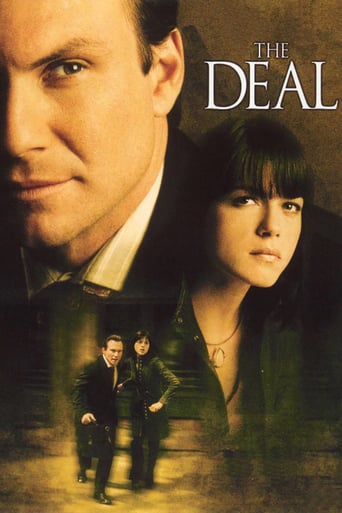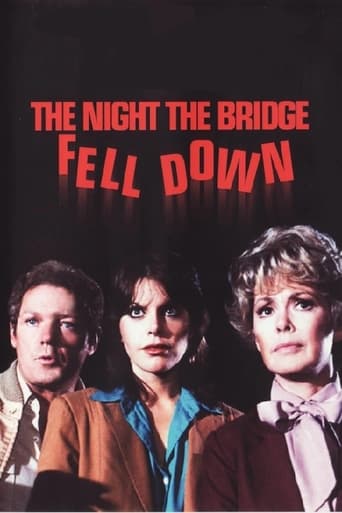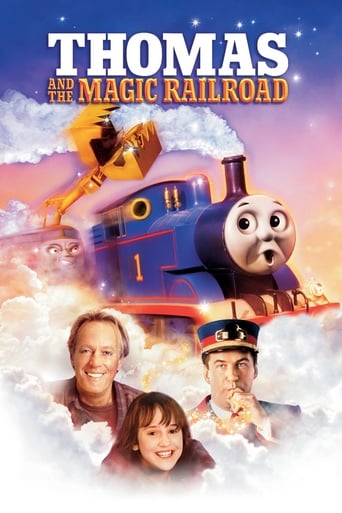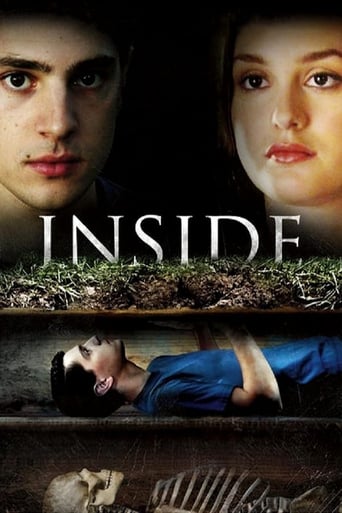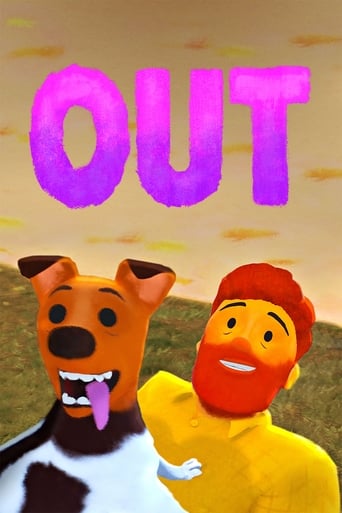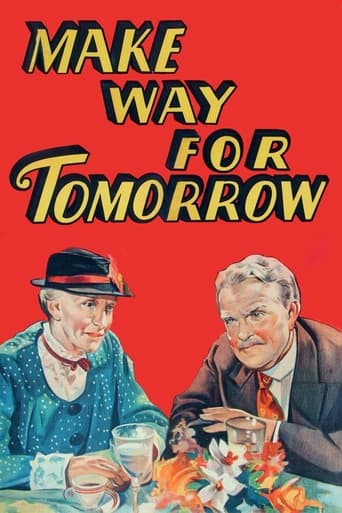
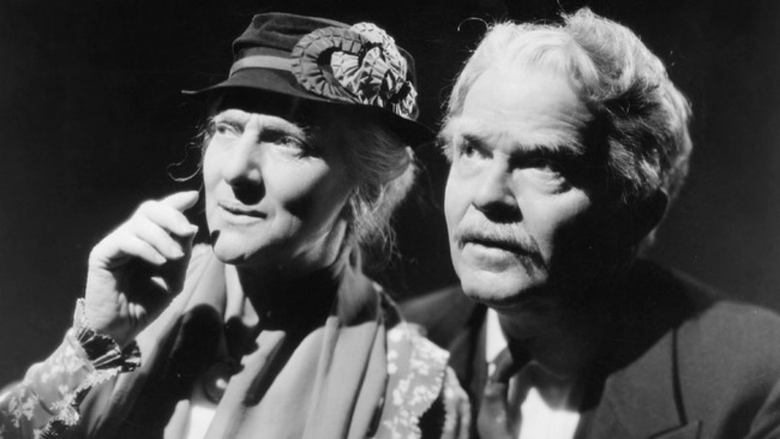
Make Way for Tomorrow (1937)
At a family reunion, the Cooper clan find that their parents' home is being foreclosed. "Temporarily," Ma moves in with son George's family, Pa with daughter Cora. But the parents are like sand in the gears of their middle-aged children's well regulated households. Can the old folks take matters into their own hands?
Watch Trailer
Cast


Similar titles
Reviews
I'd done some homework prior to seeing what many consider Leo McCary's best film (himself included) and have to say I was rather disappointed. Yes, the story is timeless and for audiences seeing 50 years in the future it will still be relevant. I don't think that in itself is a mark of quality. As for the performances I feel as though Bondi is trying a bit too hard here and it feels a bit contrived to me. It wasn't as though I didn't feel anything towards the films conclusion, its just that I kind of feel it wasn't earned.
This movie is not ALL about old parents and their's five children. Many reviewers kinda miss a point I think.This movie is also about LOVE.A love, for which we all seek, all dream to feel, TRUE LOVE. A love, so strong and pure, that will melt your heart and make you weep. A love, some say old fashioned, but love doesn't got old. It evolves in something more, a commitment, partnership, respect, care for each other and even children. In this case, 5 of them. And they love them all. Closing scenes give us, powerful goodbyes. Oh, and it's not that their children don't love them. BUT....
It was said that Leo McCarey's Make Way For Tomorrow (1937) inspired YasujirÃ' Ozu's Tokyo Story (1953), which in my book belongs in the "must see before you die" category. When Orson Welles was asked whether he has seen McCarey's film, he famously said the film is so sad it could make a stone cry. Dammit! I am a stone!Released right smack in the Depression era of 1937, it didn't stand a chance when almost everyone in the streets is already downtrodden and sad. These days the film is considered one of the great unsung Hollywood masterpieces. Incredibly moving and the last half hour made me an emotional wreck. All this from a 92-minute monaural B&W film.The story cannot be more simpler. Beulah Bondi and Victor Moore headline a cast of incomparable character actors, starring as an elderly couple who must move in with their grown children after the bank takes their home, yet end up separated and subject to their offspring's selfish whims.The movie doesn't make anyone out to be villain. The children are just busy with their lives and who wants a couple of old folks to mess with it? In fact, the characters are so universal that you can immediately recognize them and maybe see yourself in them. McCarey never cheapens the narrative by painting the characters in heavy shades like a lesser film would. It never prescribes or instructs on how you should feel. The camera quietly observes and creates a space where we shared in and we are persuaded to understand the characters. The sentimental trigger is there but McCarey only toys with it and never squeezes it, but yet when the emotional moments hit they hit the bullseye.The final half hour is just effortlessly lovely. Even as I typed out this unworthy wall of words my eyes are welling up. Words cannot encompass what McCarey managed to achieve in that space of 30 minutes. As the children wait impatiently for their parents to grace the final family dinner, the couple spent their final 5 hours together in New York City. I will not say anything more in case you want to seek out the film for a blessed watch. But I will just say this - I hope I can one day grow old like the Coopers. It reaffirms what I have always felt about growing old - that at 90 you are still the same person at 30; the only difference is that you take a little longer getting from A to B. But why do so many young people behave like they will never grow old. You know what I mean?The only regret I had was that I saw the movie on my own lonesome, but it didn't stop me from whatsapping my wifey when it ended. It is the type of movie that immediately makes a lonesome person feel like he is the last person on earth. She made a request for me to tell her the story when she comes back and I did. I don't think I told it well but as the words come pouring out tears glistened in her eyes. I count my blessings in times like these because it is not easy to find a girl that can be moved by mere narratives. But I found her. I will watch this again with her soon.
During Leo McCarey's acceptance speech for the Academy Award for Best Director he walked up and thanked the Academy then said " you gave it to me for the wrong picture." The picture he won the prize for was The Awful Truth (1937) which was also nominated for Best Picture, Best Actress, Supporting Actor and Writing. The movie he claimed he should have won for was Make Way for Tomorrow (1937) which got a big goose egg that year. Since 1937, Make Way for Tomorrow has grown in stature to become one of the most revered American movies and certainly among the best films depicting melancholy in old age.Victor Moore and Beulah Bondi star as Barkley and Lucy Cooper, an elderly couple who despite a lifetime of happiness and five children to prove it, are in dire straights. Their home is in foreclosure due in no small part by the depression. They summon four of their five children and try to come up with a game plan deciding that Barkley is to move in temporarily with Cora (Elisabeth Risdon) their impatient daughter in town while Lucy lives with eldest son George (Thomas Mitchell) and wife Anita (Fay Bainter) in his Manhattan estate. Of course as the temporary situation becomes less temporary, the couple long for each other while the kids look to move them out.Make Way for Tomorrow is arguably the saddest movie ever made; certainly the most tragic of the 1930's. It isn't a classically tragic story like "Oedipus" but a subdued, somber film that gently settles into its wistful conclusion. I say this without caution. Those who feel that cinema provides much more than idle entertainment and happy feelings should waste no time in watching this absolute gem. It brings to mind the classic Tokyo Story (1953) and the recent Amour (2012) in its touching yet unsentimental portrayal of the elderly.The film doesn't demonize the children who push their parents out of their lives for various reasons. One can easily identify with one or more of the kids due to the exemplary acting on the part of Thomas Mitchell, Elisabeth Risdon, Minna Gombell and Ray Meyer. They have their own problems both financial and social which are further complicated by the parents. Anita helps support her family by teaching bridge to socialites yet finds her young daughter running off with older men. In an effort to form trust with her granddaughter, Lucy keeps her social life a secret which understandably insights Anita to say, "What right have you to keep secrets about my daughter from me?" Yet while we as the audience can identify with the children and their own myriad of problems, we know the couple is left with little prospects for the future. The final elongated day-walk through New York City is a particularly bittersweet fifteen minutes. The couple walk hand-in-hand, being provided niceties by strangers who find their love quaint and adorable. Yet while their long-awaited day together is joyous, deep in their minds is the thought that they're still separated and likely to be so for the rest of their lives.Living in a culture that values the young, the new and the adaptive over the old, it's easy to see how this movie may one day disappear into the ether; even if it was submitted into the Library of Congress's National Film Registry. Like it's characters, the film was out of step for its time and likely even more so with today's hustle and bustle. At least the aforementioned and immortalized Tokyo Story was released by a culture that dichotomizes old vs. new instead of shoving its aged things onto the proverbial ice flow like we do. Hopefully with our median population getting ever older we'll reach an understanding where the elderly achieve a little more dignity than decades past. If not, I suppose there are pleasant things to be said about making way for tomorrow.http://www.theyservepopcorninhell.blogspot.com


